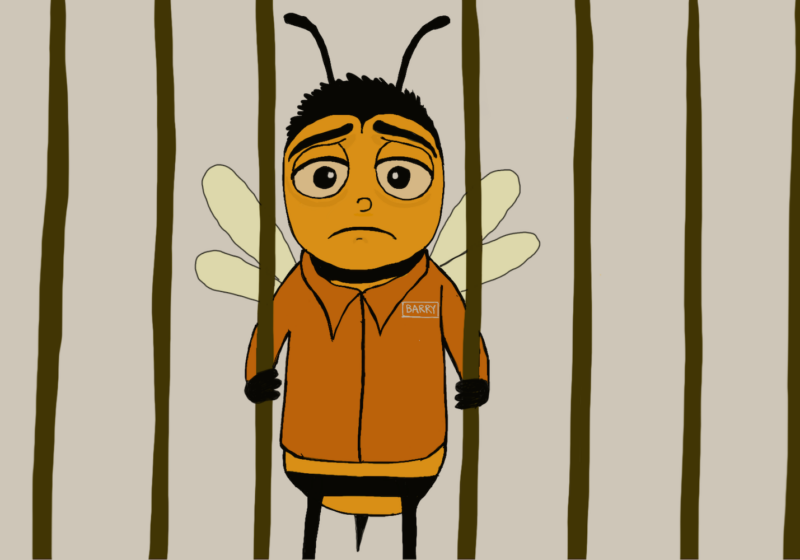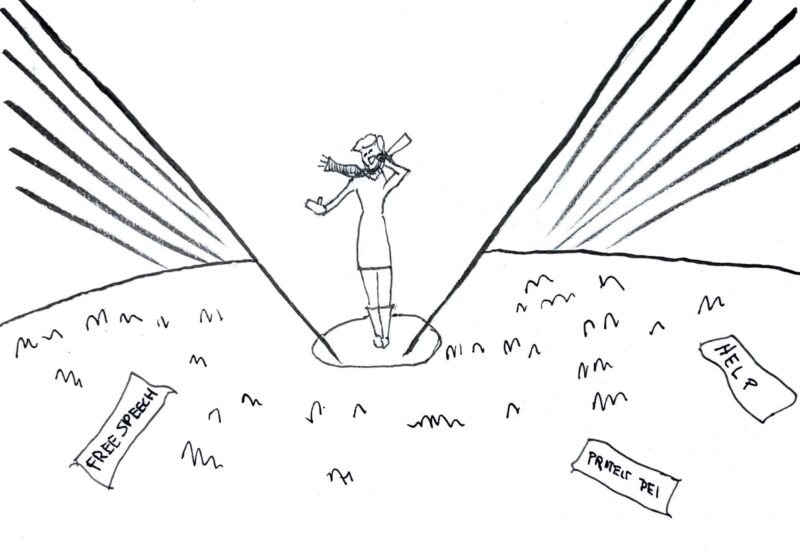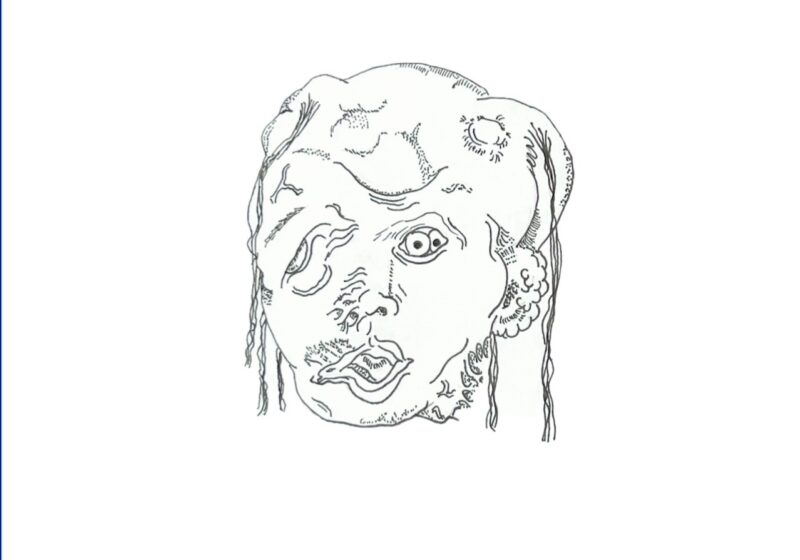Sometimes, it’s easy to forget that we’re not children anymore.
Sure, we come to college as “adults,” and sure, we happen to be at a Tier I research university where undergraduates are able to conduct research, but to what extent are they able to pursue their own experimental endeavors? iGEM (International Genetically Engineered Machine)’s Team Saptasense certainly found out over the course of this past summer and fall semester.
Saptasense came up with their project — focusing on New York State’s maple syrup industry — by way of happenstance. One research article ping turned into a semester-plus-long deep-dive into how to make the sap-tapping and syrup-making process more sustainable and garnered multiple awards at a Paris conference.
“A lot of the guidance that we received said that iGEM likes local problems being solved with global solutions,” said junior and team leader Mackenzie Dillenbeck.
“First, we will be developing a test for buddy sap by creating novel detection systems for three key molecules that exist in high concentrations within this type of off-flavor sap: asparagine,
choline, and sarcosine,” they say in their team brochure. “Second, we will be harnessing the sucrose-rich ropy syrup to produce dextran, a molecule valued for its industrial versatility. We will use this dextran to create hydrogels for enhanced seedling germination and additional farmer revenues.”
For the layperson — like myself — what this means is that Saptasense worked in order to create a highly sensitive glucometer (glucose detector) that could detect buddy in as small amounts as possible (in comparison to current commercially available detectors) and then, with the determinedly-buddy syrup, made hydrogels that could contribute back to the farming environments positively. In essence, Saptasense sought to find a way to minimize the amount of energy syrup manufacturers would put into making batches of sap that would just turn out to be buddy as well as attempting to create a positive feedback loop between the sap being produced and its unmarketable portion, of which would likely just be discarded otherwise.
This sounds nearly unapproachable — but Saptasense was able to come up with and follow through on this idea with mainly financial and physical aid in the form of lab equipment from other Biology labs on campus. However, they didn’t receive a ton of help — these students were managing their own teams on their own time and serving as both scientists and leaders.
“Being a part of this team and knowing there were a lot of people who went through COVID and didn’t have a lot of hands-on lab experience, so I wanted to be there for help and to learn about how the science side of a PI (principal investigator) worked,” said junior Aashee Budhwani, who took on the role of Lab and Safety Manager.
However, a lab experience has no way to solely consist of doing the research and the experimentation. Saptasense had to stay afloat financially, which included finding a way to Paris for their conference, which they did by creating a virtual art fair. They also put concentrated efforts into local education, working with the Rochester Museum and Science Center (RMSC) to teach about their work and products.
“After an initial brainstorming period […] there’s a bunch of different manager positions, so we all indicated our top three,” said senior and education and outreach manager Shalaka Natu. “For me, I’ve always enjoyed education and teaching, and with iGEM, I knew we were here for the summer, so I wanted to get involved with my community.”
By the end, Saptasense received a gold medal and was nominated for three special awards at 2022’s iGEM Grand Jamboree, making Team Rochester the second most awarded team in North America.
When asked about advice for students looking to apply to iGEM, many of the recent participants noted that the project requires students to rapidly improve their communication skills, and that it helped them in projects down the road.
“I think it’s important to know what you know. It’s even more important to know what you don’t know, and through this iterative process you can learn from it and affect others more effectively,” said sophomore and Saptasense hardware manager Sudarshan Raman.
For those interested in iGEM in the future, the UR iGEM page notes this: “Application for enrollment into BIO 228A&B to participate in Team Rochester is required. The application period is from September 1 to October 31. Contact biology professor Anne Meyer at anne.meyer@rochester.edu or (585) 275-9290 for more information about the application process.”





